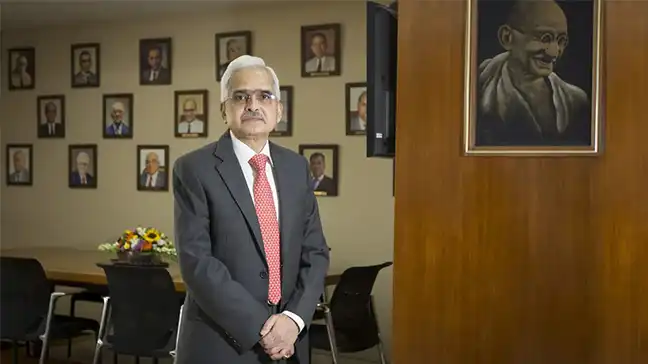Speeches - ఆర్బిఐ - Reserve Bank of India
Speeches
Mr. Hiroyuki Obata, Deputy Governor, DICJ, Japan, Mr. Carlos Isoard, Secretary General, IADI, Switzerland, Mr. Jerzy Pruski, President, BGF, Poland, Mr. Fred S. Carns, Director, FDIC, USA, Mr. G. Gopalakrishna, Executive Director, RBI, distinguished delegates, ladies and gentlemen. At the outset, on behalf of RBI, I extend a hearty welcome to all of you to India and especially to this fascinating state of Rajasthan. We thank IADI for agreeing to hold this conference j
Mr. Hiroyuki Obata, Deputy Governor, DICJ, Japan, Mr. Carlos Isoard, Secretary General, IADI, Switzerland, Mr. Jerzy Pruski, President, BGF, Poland, Mr. Fred S. Carns, Director, FDIC, USA, Mr. G. Gopalakrishna, Executive Director, RBI, distinguished delegates, ladies and gentlemen. At the outset, on behalf of RBI, I extend a hearty welcome to all of you to India and especially to this fascinating state of Rajasthan. We thank IADI for agreeing to hold this conference j
పేజీ చివరిగా అప్డేట్ చేయబడిన తేదీ: నవంబర్ 21, 2024



















